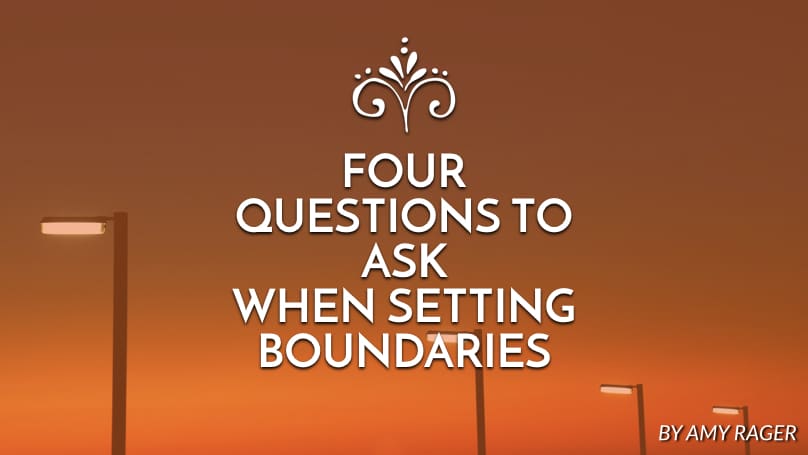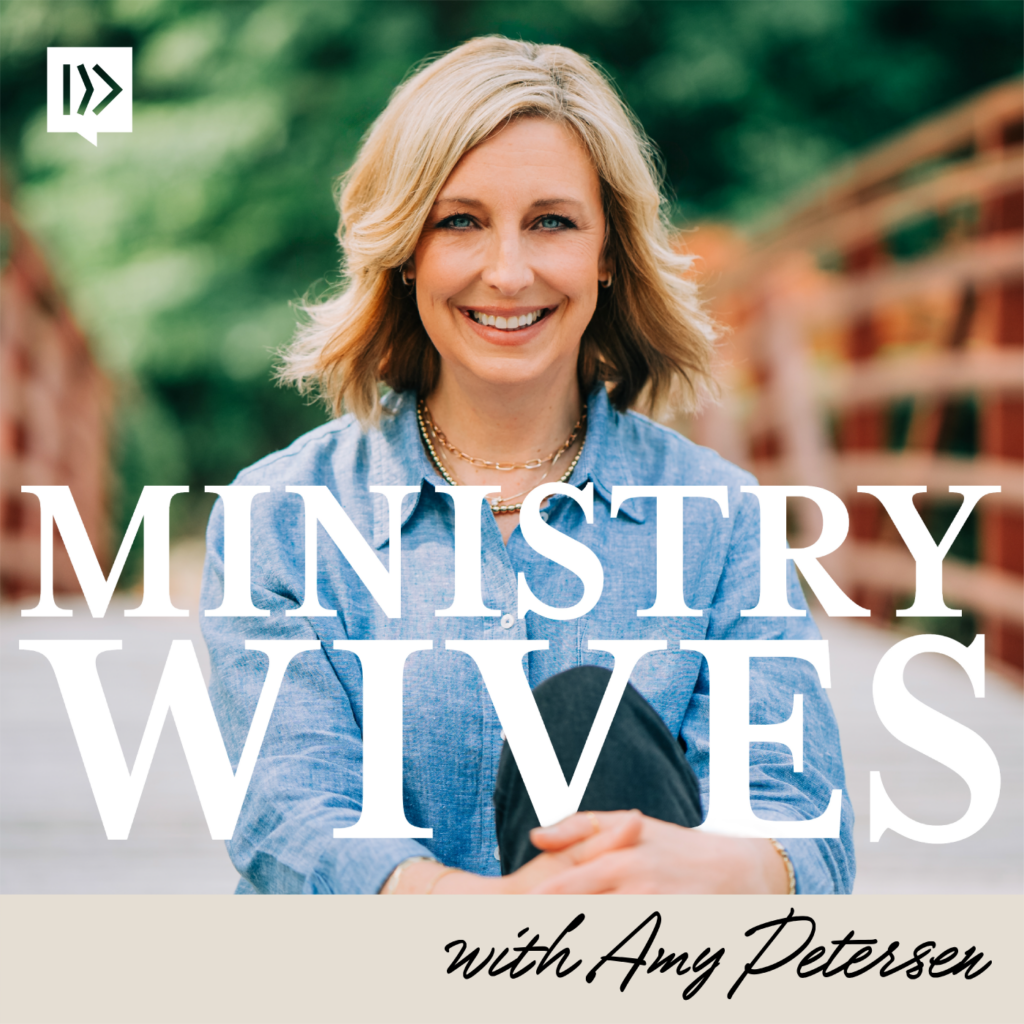A little before midnight, there was a knock at our door. An officer apologized for waking us and asked my husband if he was Justin Smith’s pastor.
‘Pastor’ was probably a bit of a stretch. We met Justin and his wife around a month before at our church plant’s block party. They had attended worship gatherings sporadically. Nevertheless, Barry confirmed he was Justin’s pastor. The officer said there had been a domestic dispute. Justin had been arrested for physically assaulting Karly. He nodded towards the cruiser as he said, “We’re releasing him, but he can’t go home to his wife. You’re the only contact he has in the city. Can we put him in your care for the night?”
Barry and I looked at each other.
How could we tell an officer, “No, he’ll have to go back to holding for the night?” What would it do to his budding faith to watch—from the back of a police car—Christians turn him away? But what about our four sleeping children upstairs? Would we endanger them or expose them to ugly scenes by accepting this ministry opportunity? And how in the world could we make this decision within a matter of seconds?
By having boundaries.
We had never discussed housing a violent semi-stranger and had no policy in place for this situation. We made our split-second decision based upon emotion and ended up spending a sleepless night discussing the line between gutsy ministry and reckless empathy as Justin snoozed peacefully on our couch.
We live and do ministry in a broken world that will always push our limits. Likewise, we are broken people who deny ourselves the rest and room we need to focus on what we are truly called and equipped to do. While we can’t possibly anticipate every situation that will come our way, Christians should be prepared to say “yes” and “no” to opportunities based on thought-out, prayed-over and Spirit-led boundaries.
Since every person’s calling and limitations are different, their boundaries won’t be the same. However, there are common things we should consider when drawing limits.
Here are four questions to ask yourself when drawing boundary lines.
1. Who am I?
How has God uniquely gifted me (or my family) and what has he called me (or us) to do? What God-given responsibilities do I have that eliminate other service opportunities? How should our unique gifts and callings shape how we use our time?
2. What drains me most?
Since it’s unrealistic to decline everything unrelated to our specific ministry, consider what drains you (or your family) the most. What obligations, routines or types of service leave you depleted and hinder your primary ministry?
3. What current activities or actions would I leave behind if there were no negative reactions?
For example, would you stop returning texts during dinner if you knew that members of your congregation would be okay with a delay? Would you quit volunteering in the nursery if you knew no one would judge you for it? Is hosting community group an obligation or a ministry? What are you doing simply to keep others happy?
4. Does the way I plan my time inhibit or advance my priorities?
Take a step back, and evaluate your schedule. Do you have an expectation of how much time you will spend doing ministry activities each week? Are blocks of time scheduled for rest? Being proactive with scheduling and knowing how much open time is left in a day or a week or a month often empowers people to say “no.”
I wish I could do it all, and I’m sure you do, too. The love of Christ compels us to love lavishly, but the grace of Christ invites us to know our limitations.
We must be good stewards of the time, responsibilities and gifts God has given us—setting boundaries is a vital piece of the puzzle.
Published June 22, 2017



